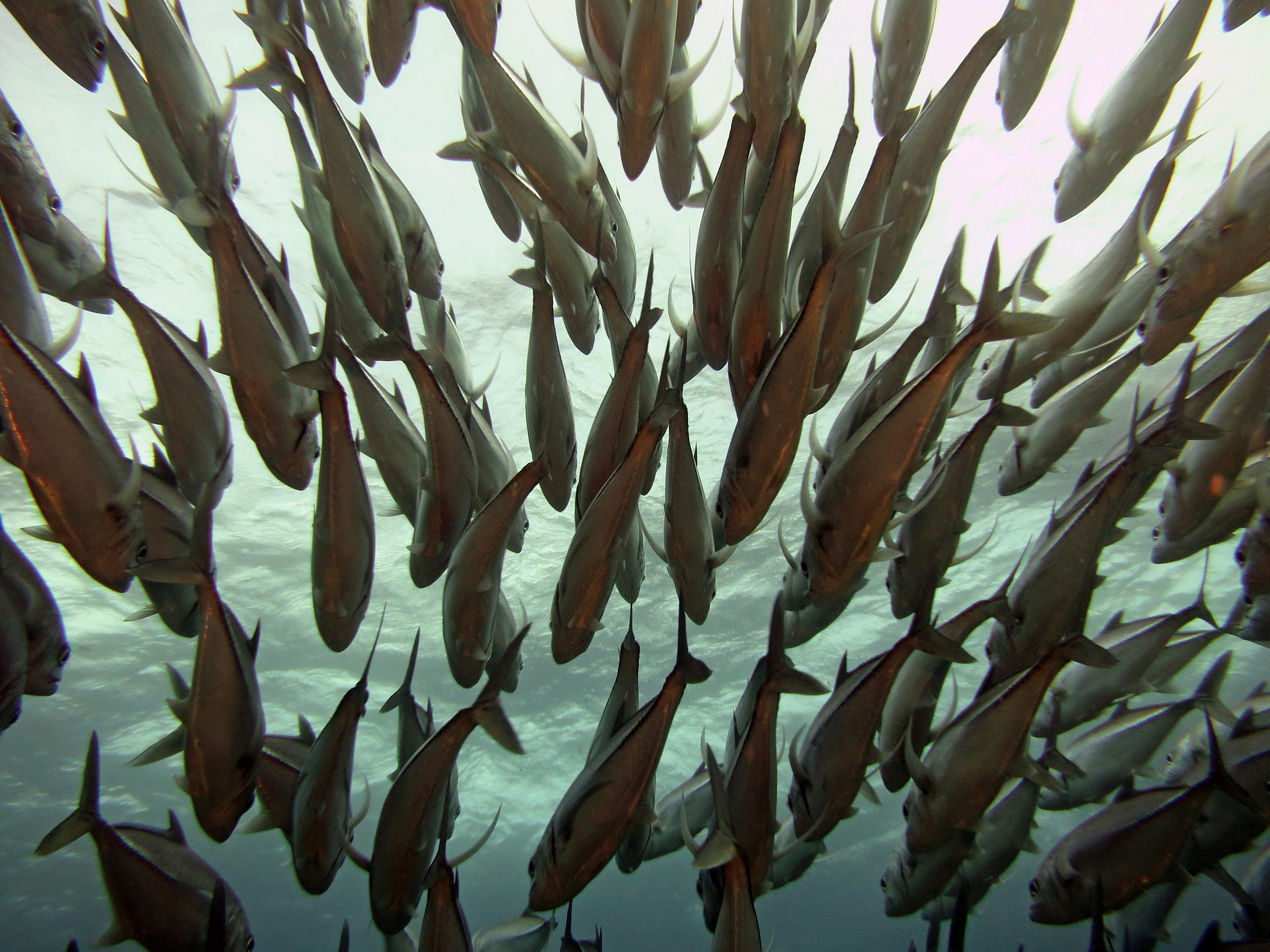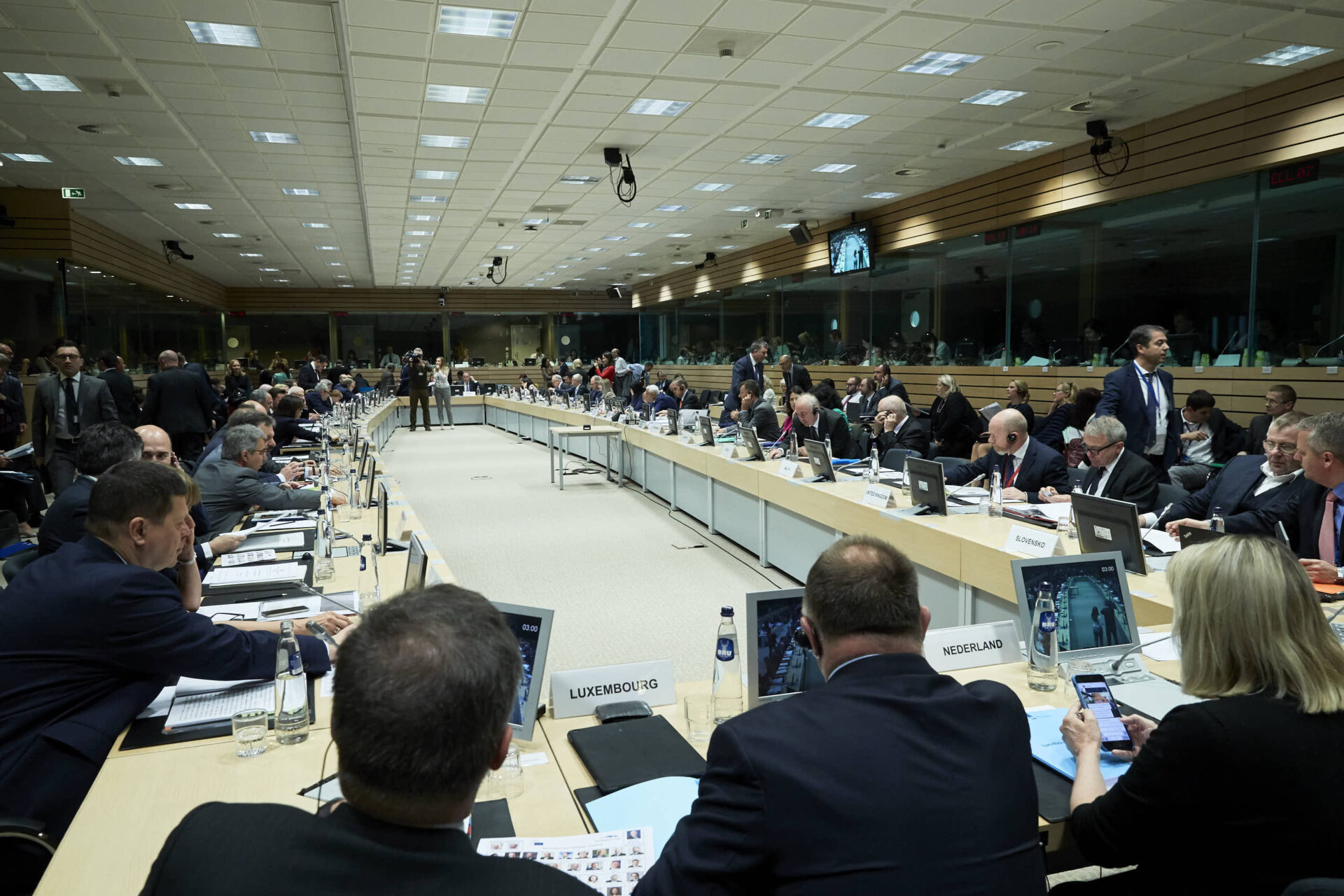Our planet is facing not only climate breakdown but an ecological collapse. Our lifestyles see us overexploit our limited natural resources and ignore the collateral damage to the natural world on which our entire existence depends.
Harmful subsidies are one of the main drivers of ecological degradation. Public money should support nature and its contribution to people instead of promoting short-term economic gain. This has been recognised as a key issue in the report of the Intergovernmental Science-Policy Platform on Biodiversity and Ecosystem Services, urging policy makers to stop providing harmful subsidies for fisheries – the biggest threat to ocean biodiversity.
Governments around the world continue to spend dozens of billions of Euro every year in fisheries subsidies. Studies show that a significant share of those subsidies is spent on enhancing fishing capacity, thus directly contributing to overfishing. Decades of overfishing have taken a massive toll on ocean health, contributing to poverty, food insecurity, ecosystem imbalances, distorted markets and unemployment. This is why, in 2015, the United Nations Sustainable Development Goals target 14.6 was universally agreed. It calls for a prohibition on harmful fisheries subsidies by 2020, as they ‘contribute to overcapacity and overfishing, and eliminate subsidies that contribute to illegal, unreported and unregulated fishing’.

In the coming year, the World Trade Organization (WTO) has an important role to play in realising this commitment. WTO negotiations on fisheries subsidies were launched in 2001, with a mandate to ‘clarify and improve’ existing WTO disciplines on fisheries subsidies. This was further developed in 2005, with a call for prohibition on certain forms of fisheries subsidies that lead to overcapacity and overfishing. Most recently, at the 11th Ministerial Conference in Buenos Aires in 2017, members of the WTO declared their intention to reach an agreement by the end of 2019 on fisheries subsidies, in order to deliver on Sustainable Development Goal target 14.6.
The WTO has the unique opportunity to stop harmful subsidies that lead to overfishing and to safeguard the future of our seas and ocean. After 20 years of negotiations, there is finally a ministerial mandate to reach an agreement in the coming year. Nearly 60 NGOs across the globe have signed a letter to encourage the WTO to hold firm on fisheries subsidies negotiations.
However, despite its traditionally progressive position at the WTO, the EU is not practising what it preaches. The recent decision on how to spend EUR 6 billion of European taxpayers’ money on ocean-related activities under the European Maritime and Fisheries Fund sees the European Parliament encouraging the small-scale fleet to fuel fishing overcapacity. This is despite warnings that such a move will lead to overfishing in European waters, with such subsidies previously withdrawn in 2004 because of their disastrous impacts on European fish stocks.
Today, a number of Member States (Spain, France, Italy and Bulgaria, Croatia, Cyprus, Greece, Malta, Poland, Portugal and Slovenia) are calling for a reintroduction of these harmful subsidies. At the Agriculture and Fisheries Council Ministerial meeting on 14 May, Karmenu Vella, Commissioner in charge of Environment, Maritime Affairs and Fisheries took a strong stance against the direction discussions were taking with respect to harmful subsidies. He warned that he could not accept backward steps that jeopardised the recent achievements of the Common Fisheries Policy. Proposing to reintroduce these types of subsidies seriously undermines the EU’s position in the ongoing negotiations over fisheries subsidies at the WTO and sends the wrong signal to political leaders around the world. Nevertheless, the end of the month sees the European Council’s chance to reverse the European Parliament’s damaging decision, take a strong stance against harmful fisheries subsidies and show the world that the EU is in fact the champion of ocean protection that it claims to be.
Proposing to reintroduce these types of subsidies seriously undermines the EU’s position in the ongoing negotiations over fisheries subsidies at the WTO and sends the wrong signal to political leaders around the world. Nevertheless, the end of the month sees the European Council’s chance to reverse the European Parliament’s damaging decision, take a strong stance against harmful fisheries subsidies and show the world that the EU is in fact the champion of ocean protection that it claims to be.
Posted on: 17 May 2019



